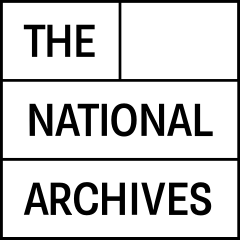
*** VOLUNTEER ON THE PROJECT! CLICK HERE TO FIND OUT MORE ***
Welcome to our project. We’re a team of researchers from the University of Exeter and The National Archives using wills to explore the importance and meanings of material culture in sixteenth-, seventeenth- and eighteenth-century England.
Across these centuries most will-makers took the trouble to describe in detail some of the items they bequeathed to particular relatives and friends. For instance Elizabeth Brickenell, a widow of Exeter, left a friend her third best petticoat in 1569, while in 1603 William Radcliffe of London left his sister ‘a gold ring with a picture of death’s head, for all her unkindness’. Bequests in wills thus provide evidence not only of what people owned, but also, by choosing objects to bequeath and describing them in particular ways, of people’s attitudes towards those possessions.
Our four year project uses cutting edge digital technology to transcribe 25,000 manuscript wills to examine these changing attitudes to material culture in England in the 250 years before the Industrial Revolution. We will be working collaboratively with a community of volunteers to develop Handwritten Text Recognition software and to correct and check the auto-generated transcriptions.
You can find out more about the project and track our progress here. We will blog about our findings, the interesting wills and objects that we encounter, and our reflections on working with digital and citizen science methods. You can also learn how to join the volunteer community, view our news and upcoming events, and find resources and references to undertake your own study of wills and material culture.

Banner images left to right: woodcut from ballad The Children in the Wood, National Library of Scotland, English Broadside Ballad Archive 33763; will of Richard Gaynerde, 1591, Somerset Heritage Centre; Anon, Thomas Braithwaite of Ambleside making his will, Abbot Hall, 1607. Photo: Lakeland Arts.
